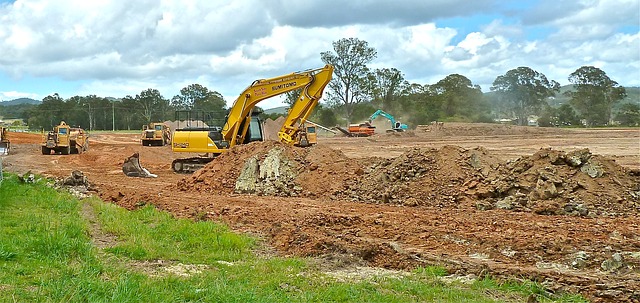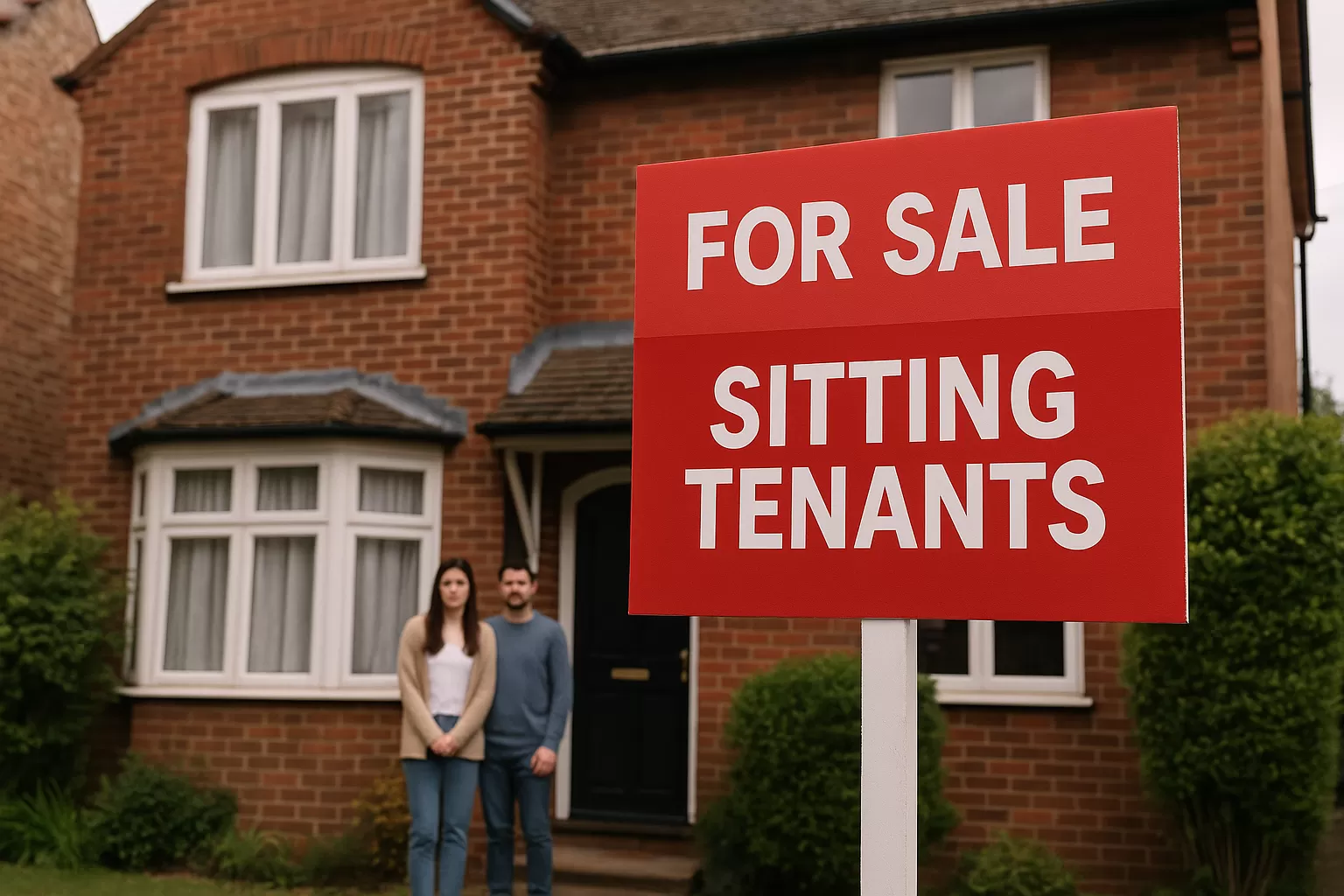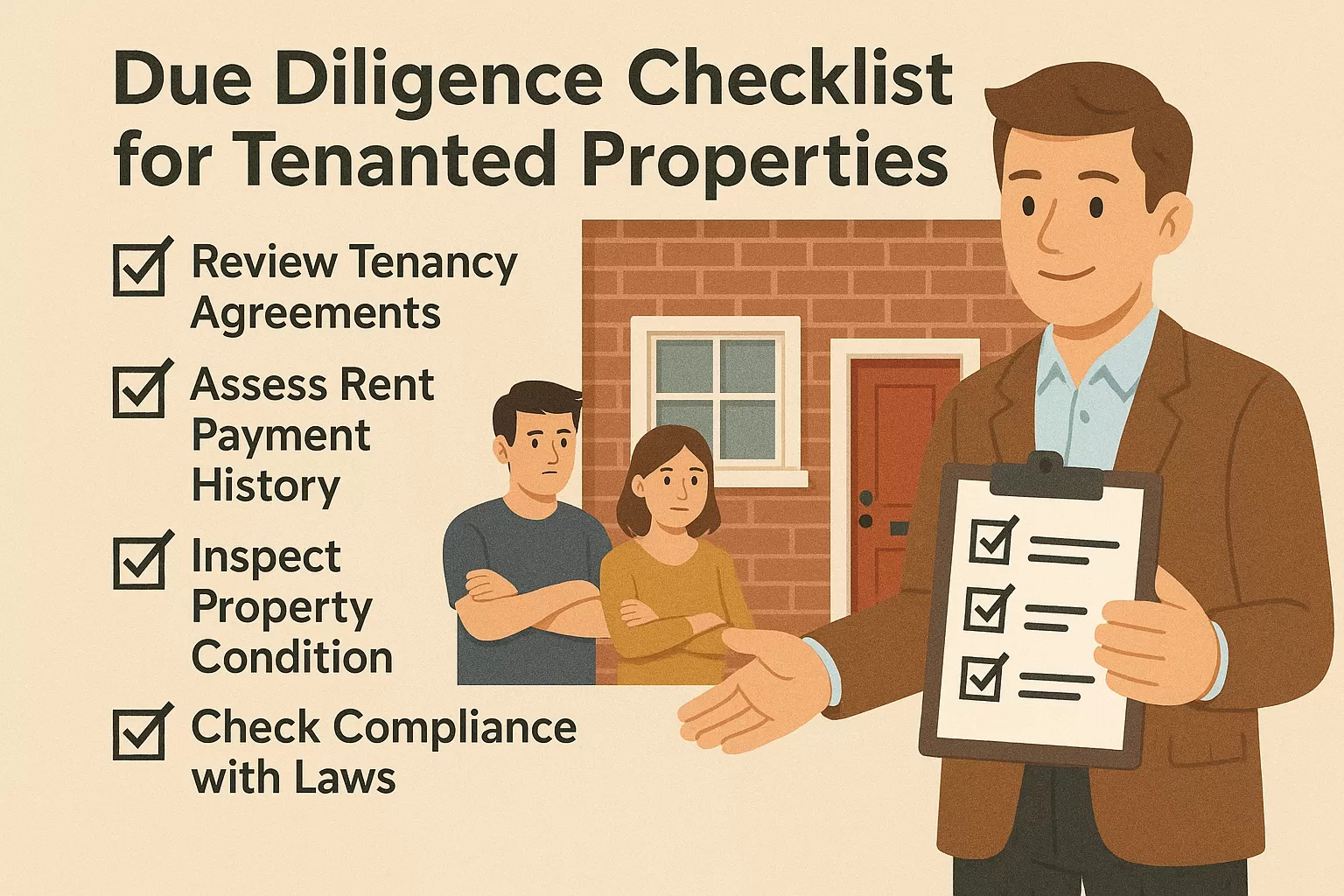
Selling land—whether with or without planning permission—can be profitable but complex. Several key factors influence land valuation, including location, the current property market, transport links, and the land’s physical characteristics. However, no factor carries quite the same weight as planning consent.
The Importance of Planning Permission
One of the most significant misconceptions among landowners is that planning consent only marginally impacts value. In truth, land with planning permission can command prices eight to ten times higher than land without. In residential areas, land value can account for as much as one-third—and sometimes even up to half—of a property’s total market value.
Pricing Land Effectively
Valuing land without planning consent is relatively straightforward. The Land Registry regularly publishes data on the average price of agricultural land per acre. However, relying solely on these averages can be misleading in areas near primary transport links or where future development is anticipated. In such cases, it is advisable to consult a land expert or surveyor who understands local and regional market dynamics.
Working with Experts for Maximum Returns
For those looking to sell land quickly, partnering with professionals to help secure planning consent may lead to a better return. These experts examine every facet of a potential planning application—from location and zoning to long-term development potential.
The Planning Permission Process
Obtaining planning consent can transform raw land into a highly sought-after asset. The process starts with submitting a formal application to the local planning authority. Contrary to popular belief, councils today are under pressure to process applications efficiently, often returning decisions within eight weeks under government performance targets.
To avoid delays, it’s essential to monitor your application’s progress actively via email or phone. In the past, councils were more flexible and open to in-process amendments. However, amendments often incur extra charges, so submitting a well-prepared, accurate application is crucial following discussions with architects, planners, and landowners.
If issues arise, it’s typically more cost-effective to withdraw and resubmit rather than face a rejection. A rejected application may leave a lasting mark, making future approvals more difficult.
After Gaining Consent
Once planning permission is granted, the land becomes more attractive to a broader pool of buyers. A valuer assesses its potential market price based on development end values, sale forecasts, and build costs. This assessment should be carried out in collaboration with planning and construction professionals.
Key Factors That Influence Land Value
1. Location and Area: The land’s location is paramount, especially in the UK, where regions divide significantly. Considering the broader region and specific towns and neighbourhoods, a localised approach is vital. Tools like the HM Land Registry can provide accurate pricing data.
2. Transportation Links: Whether intended for residential or commercial development, proximity to transport infrastructure significantly affects value. Buyers will consider access to public transport, major roads, and motorways.
3. Physical Features: Topography, climate, and access to utilities such as water and sewage are important in pricing. Land with straightforward access and minimal preparation needs will command higher prices.
4. Nearby Amenities: Schools, healthcare facilities, shops, and recreational areas will enhance residential land appeal. Conversely, land far from such amenities may be less attractive and command a lower price.
5. Economic Environment: Macroeconomic factors such as inflation, recession, or consumer confidence can affect buyer behaviour. As with any asset, supply and demand determine market fluctuations—scarce land can lead to bidding wars, while an oversaturated market may reduce prices.
Selling the Land
Once priced appropriately, land can be marketed through a variety of channels. Depending on the use case—residential or commercial—potential buyers could include:
- Land investors
- Farmers
- Equestrian property seekers
- Self-builders
- Property developers
Thanks to advancements in digital marketing, land can be advertised across online platforms, apps, and property websites. However, traditional methods should not be overlooked; local estate agents and community word-of-mouth remain powerful tools, especially if a nearby buyer, such as a farmer or developer, wants to expand.
Legal Considerations
After a buyer is identified, engaging a solicitor is vital to ensure a lawfully binding and transparent transaction. Despite some outdated practices of informal agreements, a formal conveyancing process is essential for both parties’ protection and to secure a smooth, dispute-free sale.
Selling Without Planning Consent
While planning consent significantly enhances value, land can still be sold without it. Buyers are interested in acquiring land speculatively and hope to gain planning approval later. If the land has not yet been assessed for planning potential, that will be any professional buyer’s first question. Understanding why permission hasn’t been granted—or sought—will be key to framing a compelling pitch.
About Us
At The Property Buyers, we specialise in helping landowners sell land across the UK—whether with or without planning permission. Our expert team works with speed, transparency, and integrity, making your selling journey straightforward and stress-free.
If you’re considering selling your land, Contact us today for a tailored consultation. We’re here to make property selling simple, even in complex circumstances.
With the right strategy, professional guidance, and an understanding of market conditions, you can sell land quickly and achieve optimal value, whether you have planning permission.









